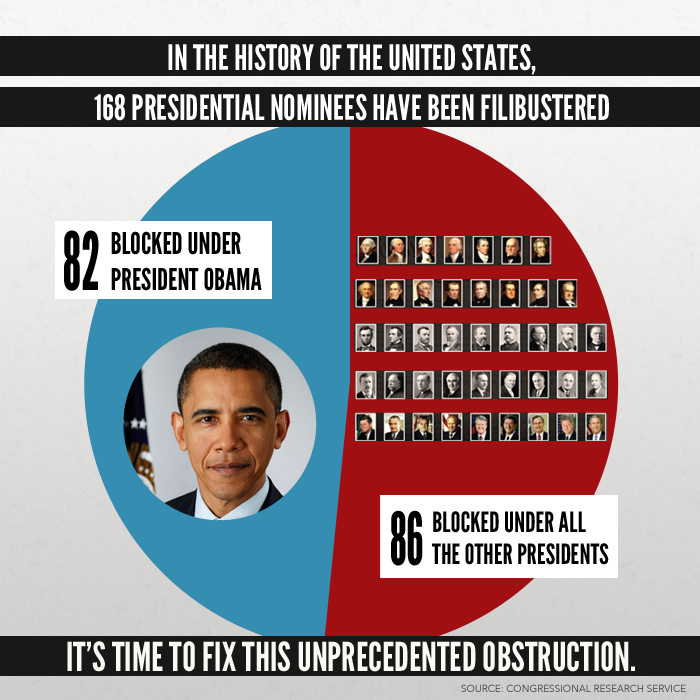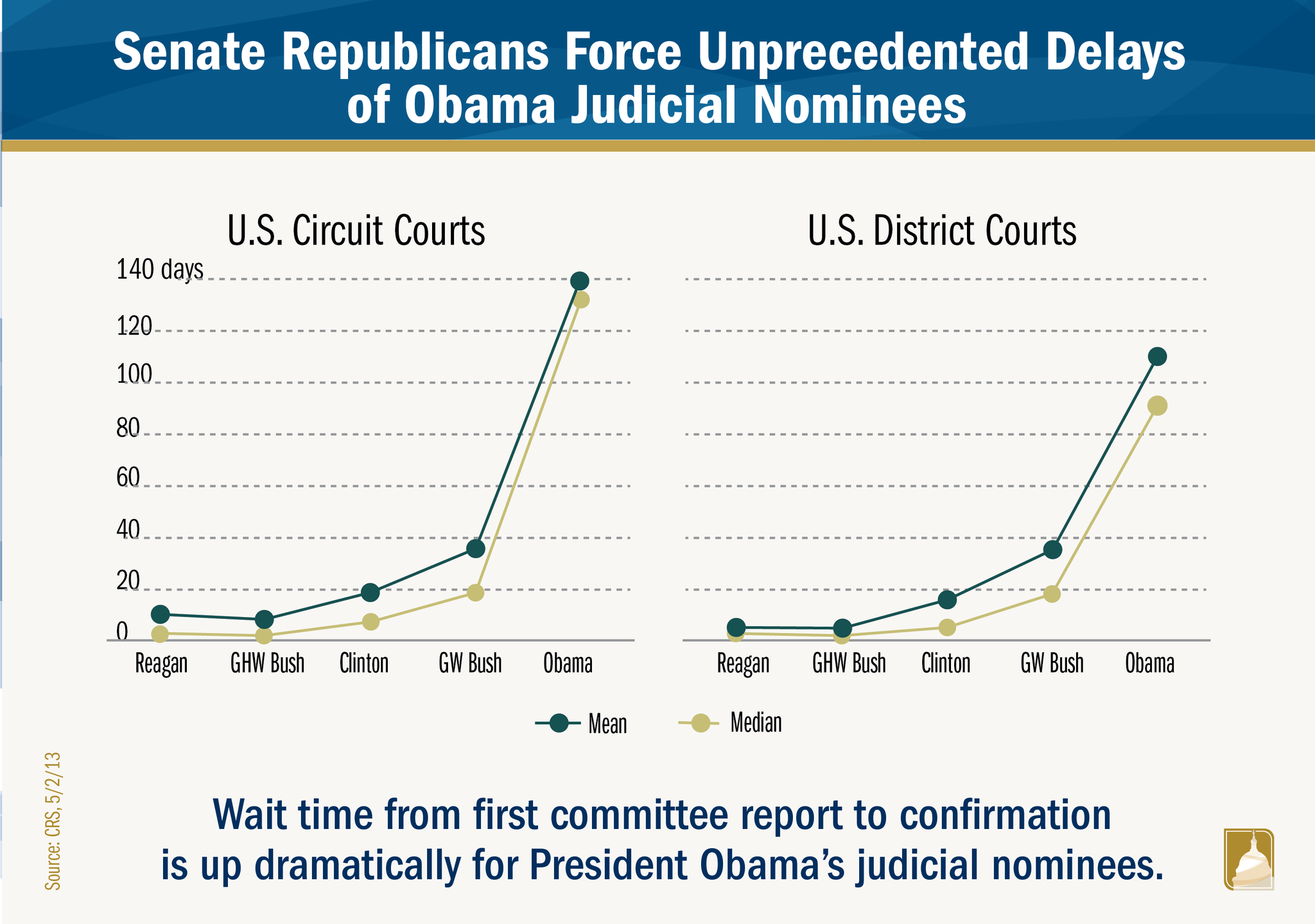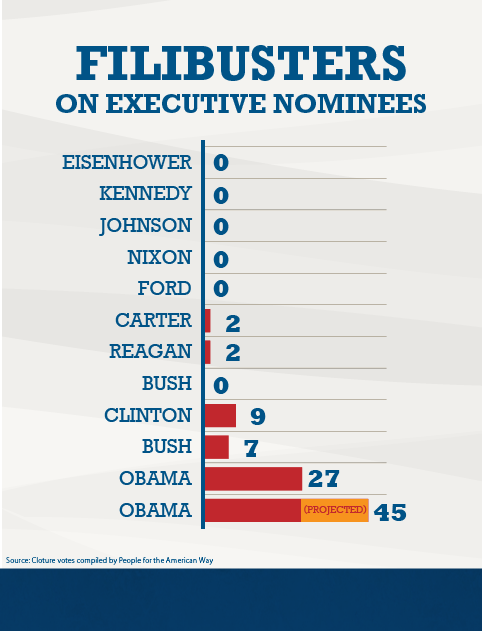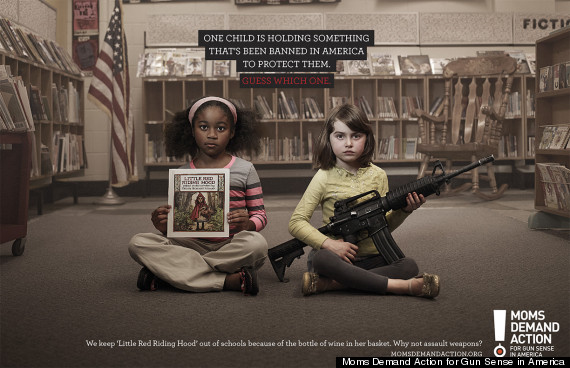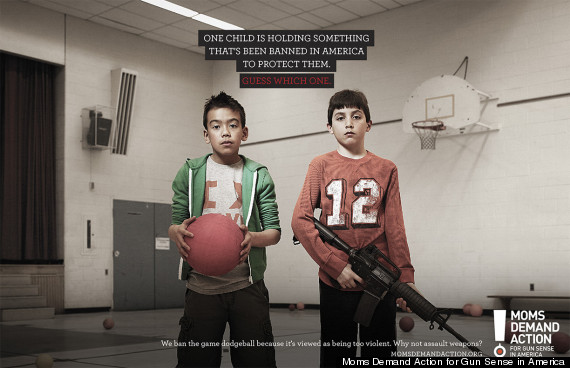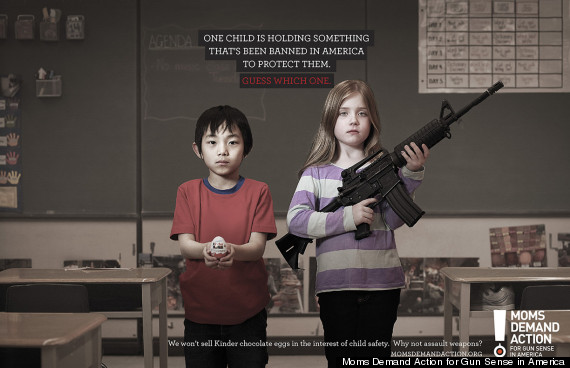Dangerous Intersection: The Knockout Game and Stand Your Ground
By now, I’m sure that most everyone has heard about the “Knockout Game”. For those who’ve been living under a rock, the “game” involves teens walking up to innocent passersby and attempting to knock them out with a single punch.
This is obviously a frightening situation.
So query the following: Let’s say that you’re like the man in the video above, walking down an alley on your way home from work or maybe on your way to lunch, when you see a group of teenagers walking toward you. You don’t know if those kids are “playing” the knockout game, but you’ve heard about the game and scene videos of the “game”. Is is reasonable for you to be concerned that the teenagers approaching you might be playing the knockout game? Should you take steps to avoid those kids? Should you go into a defensive posture, just in case?
Can you draw your gun and kill them before they attack you?
Yes, you read that last question right. If you’re worried that an approaching group of teens might be playing the knockout game, can you kill them to prevent them from attacking you?
I’m going to come back to that last question in a moment. But first, I want to take a moment to address the simpler (well, not really…) question about evasive or defensive actions. Obviously, we should all be aware of our surroundings. That is a basic rule for safety. And there is nothing wrong with avoiding an obviously dangerous situation or taking defensive precautions if a situation is unavoidable.
What concerns me is the question of which groups of teens will (or should) cause people to take avoidance or defensive precautions. I remember when President Obama spoke about the Trayvon Martin shooting and about growing up black in America. I was really struck by his reminiscences of what it was like to be a young black man in America:
I think it’s important to recognize that the African-American community is looking at this issue through a set of experiences and a history that — that doesn’t go away.There are very few African-American men in this country who haven’t had the experience of being followed when they were shopping in a department store. That includes me.
And there are very few African-American men who haven’t had the experience of walking across the street and hearing the locks click on the doors of cars. That happens to me, at least before I was a senator.
There are very few African-Americans who haven’t had the experience of getting on an elevator and a woman clutching her purse nervously and holding her breath until she had a chance to get off. That happens often.
And, you know, I — I don't want to exaggerate this, but those sets of experiences inform how the African-American community interprets what happened one night in Florida.
And it's inescapable for people to bring those experiences to bear.
And that just felt so … wrong … to me. Obviously, I didn’t grow up as a black teen. I can’t imagine what it must be like to know that others, especially whites, look at you with suspicion in their eyes, solely on the basis of the color of your skin. I can’t imagine the pain that must cause or how much that must make you feel like an outsider in your own country, your own city. It saddens me that we live in a society where that sort of racial profiling still exists.
And yet I’m also saddened that we live in a society where random acts of violence like the knockout game exist. And when I hear that, at least in Brooklyn, it appears that there is indeed a racial, religious, or cultural element to the targeting in the knockout game — a sort of reverse profiling, if you will — then I’m honestly not sure how I should feel. I don’t want to look at a group of teens and worry that they might choose to hurt me; yet wouldn’t I be stupid not to take precautions, just in case?
Which brings me back to the uglier question: Can a person who is worried that a group of teens might be playing the knockout game and might be sizing that person up as a target, take preemptive action and kill the teens before they have a chance to attack? To answer that question, let’s take a look at Indiana’s “stand your ground law” (Indiana Code § 35-41-3-2):
(c) A person is justified in using reasonable force against any other person to protect the person or a third person from what the person reasonably believes to be the imminent use of unlawful force. However, a person:
(1) is justified in using deadly force; and
(2) does not have a duty to retreat;
if the person reasonably believes that that force is necessary to prevent serious bodily injury to the person or a third person or the commission of a forcible felony. No person in this state shall be placed in legal jeopardy of any kind whatsoever for protecting the person or a third person by reasonable means necessary.
I’m not sure if racially profiling a group of teenagers qualifies as a “reasonable belief” … but I’m also not sure, especially in light of news of the “knockout game”, that someone would be unreasonable if they were to look at a group of teenagers, especially if the teens looked “dangerous” and conclude that the imminent use of unlawful force (i.e., a knockout punch) was likely. Moreover, I’m not sure precisely how the first sentence and the second sentence actually work together in application. The second sentence grants a person the right to use deadly force (without retreating or seeking to avoid the confrontation) if that person “reasonably believes that that force is necessary to prevent serious bodily injury”.
So, again, consider a person walking down an alley — with knowledge of the existence of the “knockout game” — and seeing a group of teens approaching. Does that person have a reasonable belief that those teens might be planning to “play” the knockout game? Is that belief more or less reasonable if we take into consideration how the teens are dressed or the color of their skin or the neighborhood in which our protagonist is walking? In a perfect world, certainly skin color should play no part whatsoever in that analysis. Unfortunately, ours is not yet a perfect world and I (shamefully, I’ll admit) think that it probably would be unreasonable to suggest that the appearance of potential assailants be ignored. Moreover, we can’t ignore both what we’ve seen in the videos about the knockout game or the fact that those “playing” endeavor to make their attack one of shock, awe, and, most of all, surprise.
So can that hypothetical man, seeing a group of teens walking toward him, a group of teens who, on the basis of their appearance, just might be playing the knockout game, take preemptive action to keep himself safe, even if that preemptive action involves a gun?
My conclusion? I don’t have one. Not really. I don’t want to see anyone get killed, especially innocent teens doing nothing more than walking down a street with their friends. By the same token, though, I don’t want to see innocent people attacked by teens intent of causing mayhem or injury as a show of machismo or something. I think that we need to take reports of the “knockout game” seriously. But we also need to understand what might be fueling this sort of violence. Is it rage? Is it a devaluing of human life? I don’t know. We need to find ways to fight the causes of this sort of conduct. And we must be sure that we are taking appropriate efforts to keep people safe on our streets. But, at the same time, we must be vigilant against vigilante justice or the shoot first mentality that laws like “stand your ground” promote.
I fear that as word of the knockout game spreads and as further incidents are discussed in the media, it won’t be long before people begin to act in preemptive self-defense. And once we start down that road, how long will it be before innocent black teens begin to die for the crime of walking down a street while black? For that matter, how long will it be before innocent teens begin to stand their own ground against those they worry might act on the mistaken belief that the teen is playing the “knockout game”. What is the old cliché? “Violence begets violence?” I worry that the intersection of fears, both rational and irrational, the easy access to firearms, and “shoot first” laws like “stand your ground” will prove a fertile ground for yet more violence and mayhem on our streets where the likely victims will be the innocent and our own sense of safety.
(For my previous posts on Indiana’s “stand your ground law” please see Stand Your Ground: An Analysis and Stand Your Ground: A Further Analysis.)
Labels: Gun Control, Racism
